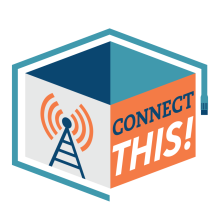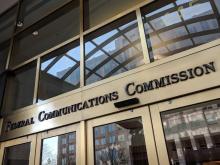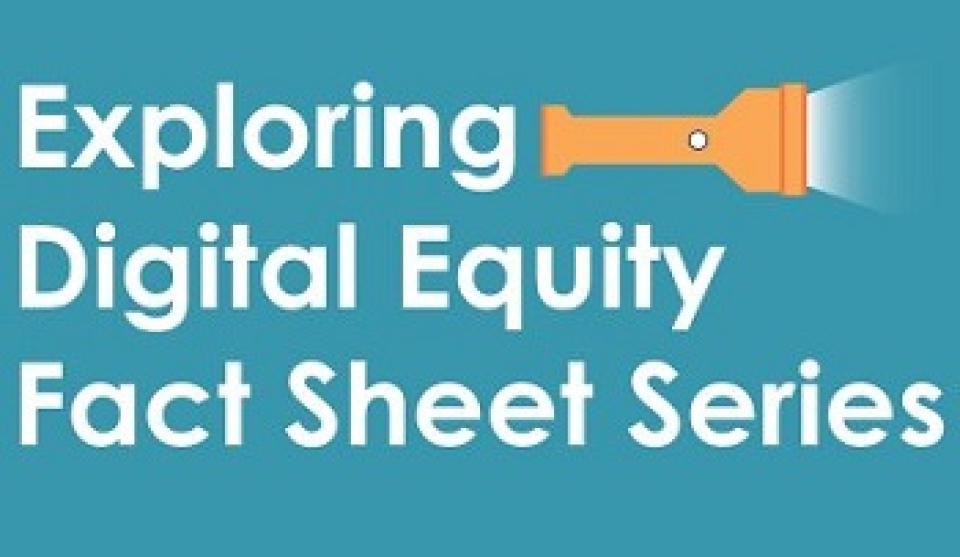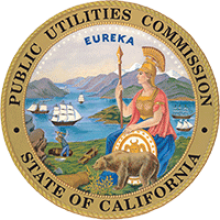The Straight Talk About Rural Fiber Deployments - Episode 517 of the Community Broadband Bits Podcast

This week on the podcast, Christopher is joined by Joseph Franell, President of Blue Mountain Networks (which serves more than 30 rural communities west of Portland) in Oregon. Joe joined the team at Ashland Fiber Network (AFN) before moving on to do work in rural parts of the state. During the conversation, Christopher and Joe talk about building fiber in some of the least-dense parts of the state. They discuss the importance of creativity and a willingness to pursue a variety of partnership models, the critical role that local broadband champions play in convincing Internet Service Providers (ISPs) to come to rural areas, and how dramatically different a provider looks when it's driven by principles and a commitment to the community that goes beyond a lightning-fast return-on-investment.
They dive into the specter of private equity, which has shown increasing interest in broadband infrastructure and the grassroots work done by broadband action teams over the last couple of years.
This show is 45 minutes long and can be played on this page or via Apple Podcasts or the tool of your choice using this feed.
Transcript below.
We want your feedback and suggestions for the show-please e-mail us or leave a comment below.
Listen to other episodes here or view all episodes in our index. See other podcasts from the Institute for Local Self-Reliance here.
Thanks to Arne Huseby for the music. The song is Warm Duck Shuffle and is licensed under a Creative Commons Attribution (3.0) license.









